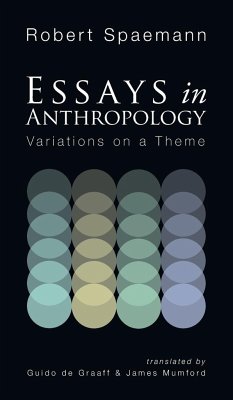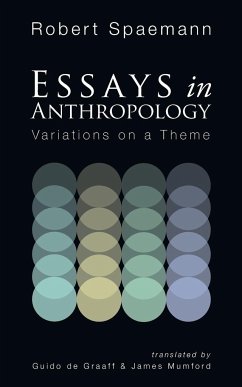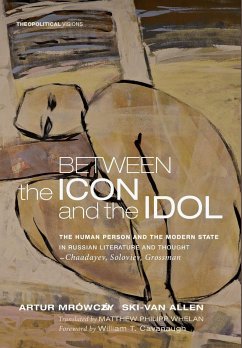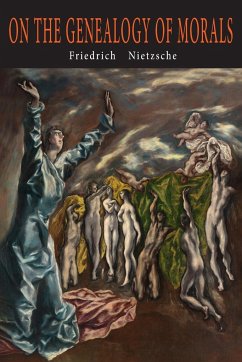The question of the nature of humanity is one of the most complex of all philosophical and theological inquiries. Where might one look to find a decent answer to this question? Should we turn to an investigation of genetics and DNA for such answers? Should we look to the history of humanity's adaption and evolution? Should we look to humanity's cultural achievements and the form of its social life? In this intriguing and provocative collection of essays, philosopher Robert Spaemann reacts against what he calls ""scientistic"" anthropology and ventures to take up afresh the quaestio de homine, ""the question of man."" Spaemann contends that when it comes to the nagging question of what we truly are as human beings, understanding our chemical make-up or evolutionary past simply cannot give us the full picture. Instead, without doing away with the findings of modern evolutionary science, Spaemann offers successive treatments of human nature, human evolution, and human dignity, which paint a full and compelling picture of the meaning of human life. Crucial to any anthropology, he demonstrates, is our future as well as our past. And our relationship to God as well as to our next-door neighbor. All of these themes coalesce in a vital contribution to the question of what it means to be human.
Hinweis: Dieser Artikel kann nur an eine deutsche Lieferadresse ausgeliefert werden.
Hinweis: Dieser Artikel kann nur an eine deutsche Lieferadresse ausgeliefert werden.








